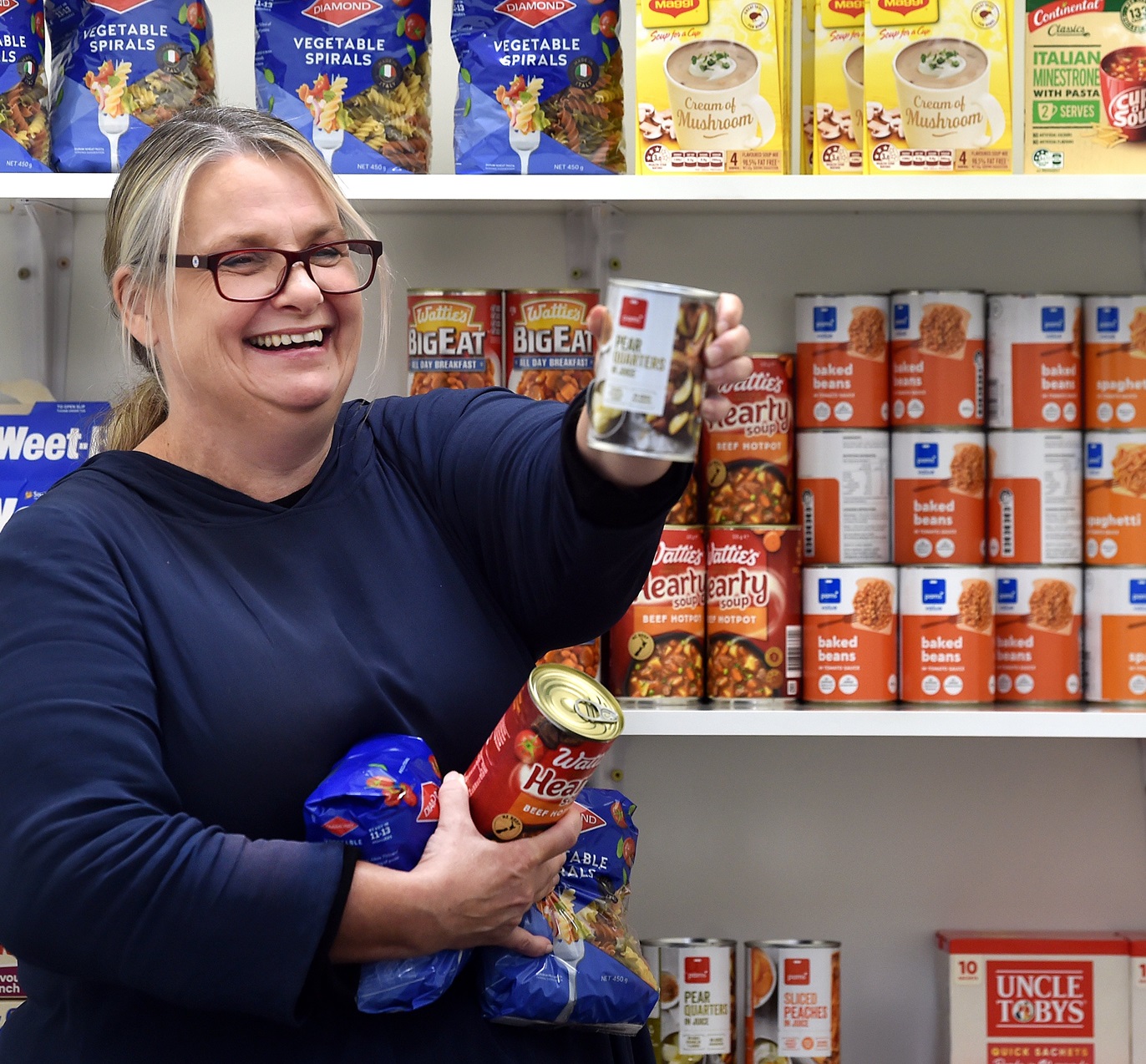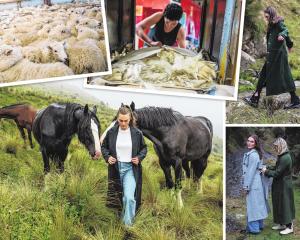
Student Services director Claire Gallop said there had been a noticeable increase in "food insecurity" among students, and many were having to work longer hours in jobs while studying, just to survive.
"Sometimes the work is not there, and the cost of living crisis has really impacted students, like it has impacted the whole community.
"One of the things that often can slip when you've got to pay your rent and power bills, is actually feeding yourself.
"We’ve definitely noticed an upturn in financial challenges that students are having, and they’ve been really struggling to make ends meet over the last few years."
To help those students who were struggling financially, the university had launched three pātaka kai (food pantries) — one at Te Huka Mātauraka Māori Centre, one at the Pacific Islands Centre, and another at the Unipol student gym.
She said a fourth pantry was planned for Te Pou Whirinaki Student Wellbeing Hub at the Information Services Building.
"After that, we’ll work to see what other locations that we might need to expand into."
Each pantry contained staple foods that would help struggling students stay well fed.
"So there will be staples from Weet-Bix and pasta sauce and pasta, and other foods that will fill students up, that is healthy, and that will just help make sure that they're actually putting in fuel to come to university and study hard."
At this stage, the pantries would only contain food, but the university would be led by the students to see what else they really needed.
"There's an opportunity for students to give us feedback, and we're hoping to just kind of have a little bit of an evaluation of whether we have picked the right things.
"Are there things that will be of more help, and, indeed, does it need to be expanded out into things like period products and other kinds of toiletries and things like that."
Because it was still early days, she was unable to say how much it was costing to fill the pantries each week.
"We're just trying to evaluate as we go along and see what's sustainable and make sure that we're helping the students who might need help."
Funding for pantries initially came from a grant from the University of Otago’s hardship fund.
She said staff were now working through ideas that may fund the initiative sustainably in the long-term.
She was delighted some staff members and students had already started offering to give cans of food or boxes of cereal to the pantries.
"I think there has been gratitude by the students and uptake by the students, which is great.
"We're trying to make sure that it can be as pain-free and easy as possible for students to access what they need, without any kind of associated shame or embarrassment."
She said the Otago University Students' Association also provided emergency food bags to students struggling financially, but the university wanted to expand that support for students who may not be aware of that service.
"Last year, we were working closely with them, and we'll continue to work closely with them to just make sure there's lots of different options."












